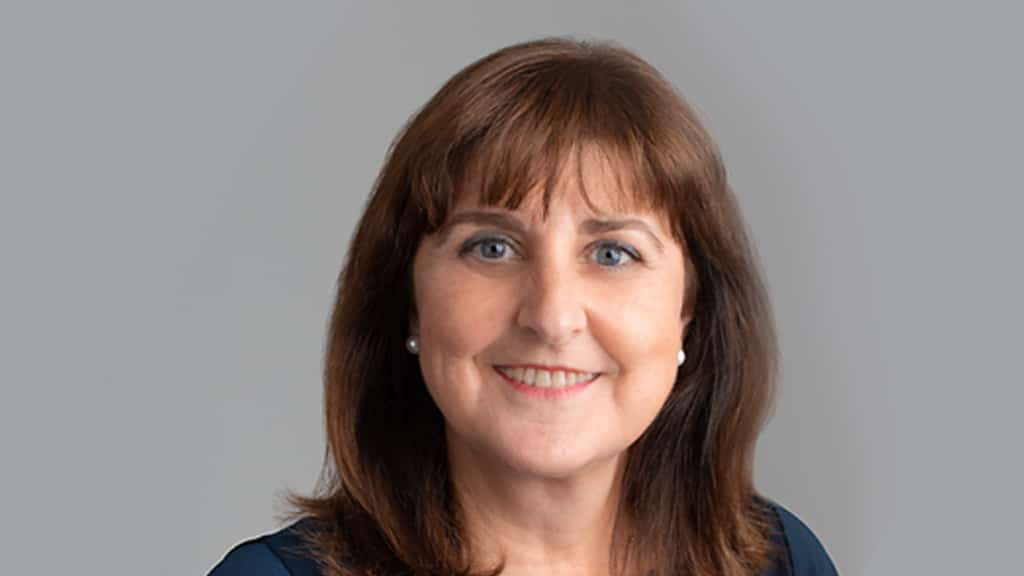Wisdom is not hard to come by. Passion and enthusiasm are a different story. On a bright and sunny Thursday morning in April 2023, Ana Maria Garcia-Collazo, Ph.D. shared passion, enthusiasm, wisdom, and optimism all in relation to the revolution that is Gain Therapeutics.
Dr. Garcia-Collazo is an established scientist. Her expertise in medicinal chemistry has earned her significant clout within the world of drug discovery. As the co-author of over 40 scientific publications and patents, Dr. Garcia-Collazo has a lot to share. Such a wealth of experience could make someone jaded, but not this scientist. With humility, charm, and a smile Dr. Garcia-Collazo explained why she’s excited and optimistic about the future of drug discovery at Gain.
Thanks so much for speaking with me today! We’re very excited to learn about how you got to be the VP of Research for Gain. Can you tell us a bit about your background?
I got my PhD in organic chemistry at Santiago de Compostela University (Spain), followed by a postdoctoral position in the group of the Nobel Prize winner Prof. Jean-Marie Lehn at Université Louis Pasteur (Strasbourg, France). After my postdoc stage, I decided to pivot and focus my career on drug discovery. My work in the pharmaceutical industry started in the biotech company Karo Bio (Stockholm, Sweden) specialized in nuclear receptors as drug targets, where I worked as a Chemistry Team Leader for 8 years. Then I returned to Spain to be part of the drug discovery unit of the Spanish National Institute for Cancer Research (CNIO, Madrid) as Project Team Leader. After 5 years, I joined the Spanish biotech company Minoryx (Barcelona) where, as Head of Medicinal Chemistry and Process Chemistry, I contributed to the development of their clinical candidate MIN-102 for potential use in X-ALD treatment.
At Minoryx, I was heavily involved in the discovery projects, so when the spin-off of the Minoryx Site-directed Enzyme Enhancement Therapy (SEE-Tx®) platform into Gain Therapeutics took place, I joined the newly formed company.
That brings us to you in your role at Gain.
Yes. At Gain I am Vice President/Head of Research and Site Leader of the Barcelona site. We are a group of around 14 scientists here in Barcelona. I have line manager responsibility for the people who work at the site, supporting them in their endeavors, and I also oversee the research, ensuring that the projects get the tools and resources that they need to succeed.
I’m also a medicinal chemist by training and so I lead the medicinal chemistry group. We are just three people on this team, but we collaborate extensively with trusted contract research organizations that help us with chemical synthesis of the molecules that we design in-house
There are so many different things to take into consideration when looking for the optimal drug candidate; it’s an iterative, puzzle-solving process that involves a diverse team whose members have complementary skills and knowledge. The computational chemistry group provides us with our original starting point and also helps to guide our medicinal chemistry efforts, and the biology group designs and runs the various biophysical, biochemical, cell-based and eventually animal model experiments that tell us if we are going in the right direction.
I’m also in charge of our patent portfolio and the drafting of our patent applications together with our patent attorneys. Securing intellectual property for the company is of course a vital aspect of our output.
Is there even such a thing as a typical day for you?
My days are very varied. They are taken up with project oversight and scientific problem solving, dealing with the administrative issues that are involved in leading a research site, and of course checking in with people who are in my reporting line, as well as with colleagues in other parts of the business and other geographical locations.
It sounds like you have your hand in many different pots. That’s very impressive.
I feel very fortunate to have such a talented and enthusiastic team. Although I lead the effort, it’s my colleagues who are the ones who are really hands on. My colleagues are a major asset to me.
You mentioned earlier that you have been working with SEE-Tx ® and its predecessor at Minoryx since the very beginning. What has it been like seeing the company and programs grow and mature over that time?
Yes, that is correct. For me, it’s especially exciting because I’m a medicinal chemist and I see the projects from the moment we draw a molecule on a piece of paper (maybe not anymore on paper); from when chemistry planning is just a drawing…and now one of our programs is going to enter a clinical trial.
So, it’s really exciting because we see it from the beginning to the end. That is a luxury that we have in a small company; we can really follow our compounds from conception through to development of a drug candidate.
As the Head of Research, you work very closely with the computational group. Can you describe how the computational and chemistry teams collaborate?
While I am the Head of Research, I am always a chemist first. Medicinal chemists and computational chemists work together during the whole process. We are very complementary. From the moment we get the first hit from our SEE-Tx® technology, that’s when we start collaborating.
A little about SEE-Tx®: this is a technology that was developed by our CTO, Xavier Barril. It’s a technology that allows us to discover allosteric sites in protein molecules and find hits that bind these allosteric sites. These sites are different from the active sites in the proteins and allow us to find molecules that perform functions that are difficult to achieve with molecules that bind to the active site, such as activation of enzymes. There is also the potential to develop molecules that can overcome the resistance towards the action of some drugs that bind to the active site of the enzyme, such as some of those that are used to treat cancer. SEE-Tx® also applies a proprietary virtual screening technology that provides us with a set of initial hits that are fantastic starting points for medicinal chemistry to start developing new analogs and potentially drug candidates.


